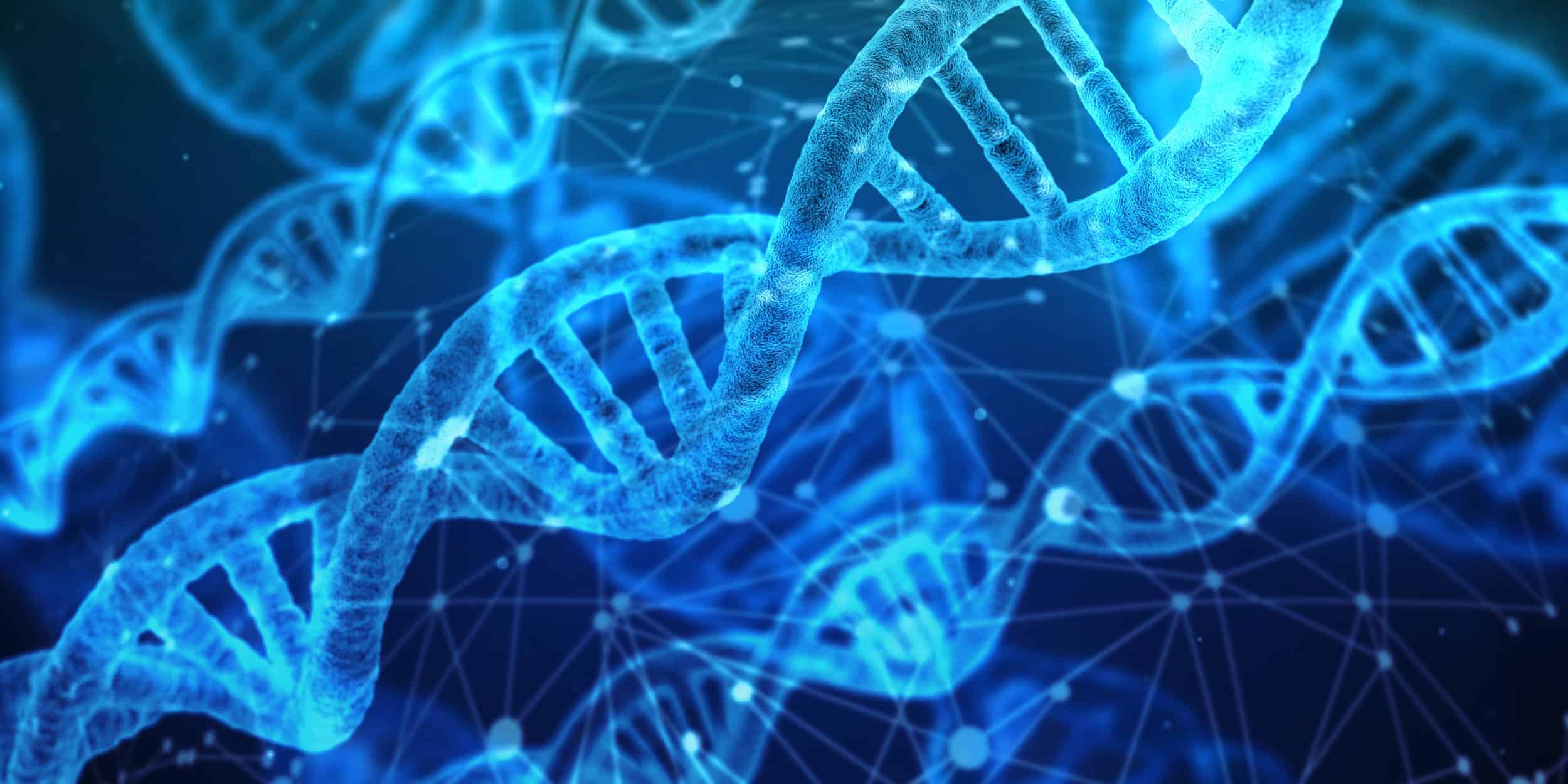Hello!
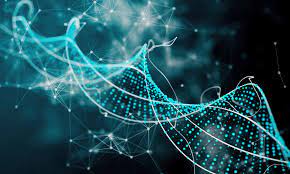 As human beings, we have the power to change the course of our entire race for good. For example, biotechnology currently aims to improve health care. Heck, it even seeks to reshape the fashion and apparel industry. But since technological trends aren’t linear, the advancements in biotechnology can pop up in the most unheard-of ways.
As human beings, we have the power to change the course of our entire race for good. For example, biotechnology currently aims to improve health care. Heck, it even seeks to reshape the fashion and apparel industry. But since technological trends aren’t linear, the advancements in biotechnology can pop up in the most unheard-of ways.
Without further ado, let’s find out how biotechnology is aiding in the betterment of human lives.
1. Tailored prevention and treatment strategies
Scientists and researchers can easily study a person’s genetic makeup. Thus, they can develop a tailored means of preventing and treating varying diseases in individuals. How it’s done? Drug enhancements are helping categorize people with certain ‘disease markers’, as they are called.
If a person were to fall into the purview of a specific disease marker, a different treatment can be developed to help him or her cope with the disease at hand. Biotechnology is leading the way for exploring new treatment methods and the studies are based on real-life cases. Thereby helping physicians and the likes to bridge the knowledge gap.
2. Eradicating disease through and through
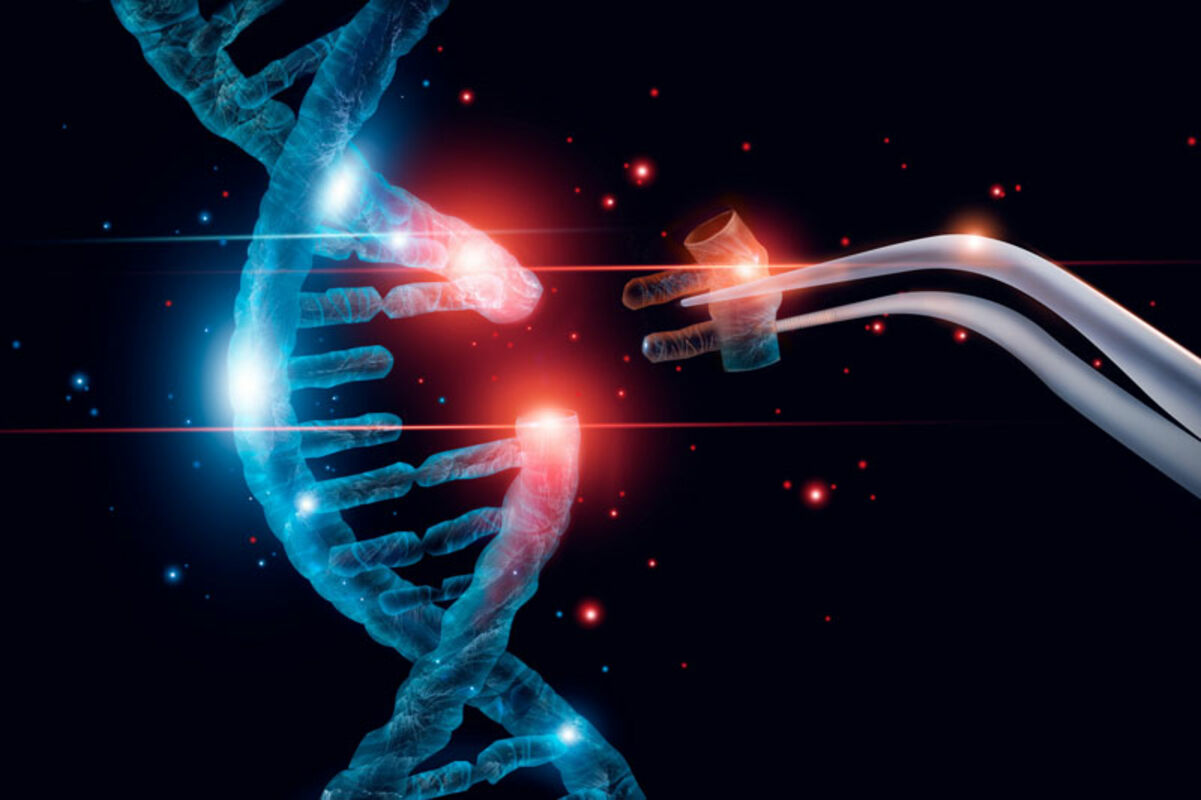 Prevention is better than cure, although, cures are in order thanks to the biopharmaceutical industry. It is prevention which is a challenge. As long as the disease is out there, someone is bound to contract it. After all, one can only be too careful.
Prevention is better than cure, although, cures are in order thanks to the biopharmaceutical industry. It is prevention which is a challenge. As long as the disease is out there, someone is bound to contract it. After all, one can only be too careful.
Moreover, historic data has shown that patients who have had the treatment return, but this time with reduced symptoms of the same disease. The idea here is to get to the root of the said disease and eliminate it, completely. So is that possible? Of course.
AI coupled with data analytics is helping create a set of methods that would ultimately cure the once recurring and life-threatening diseases. The ways of administering the treatment might differ. One may call it unconventional but that’s the need of the hour!
At the time of writing this, the cure for Spinal Muscular Trophy also referred to as SMA, is growing by leaps and bounds. Biotech therapy Spinraza is used to treat the condition in infants and so far, clinical trials have been a success. It is an antisense oligonucleotide (gene) therapy that earned its authorization from the FDA back in ’16.
The trials showed massive improvement in survival rates of infants who would otherwise die of this genetic disease. Their motor functions became better. The global epidemic for death in infants is now within control.
3. For the love of oncology
The field of oncology isn’t lacking behind either.
Kymriah,
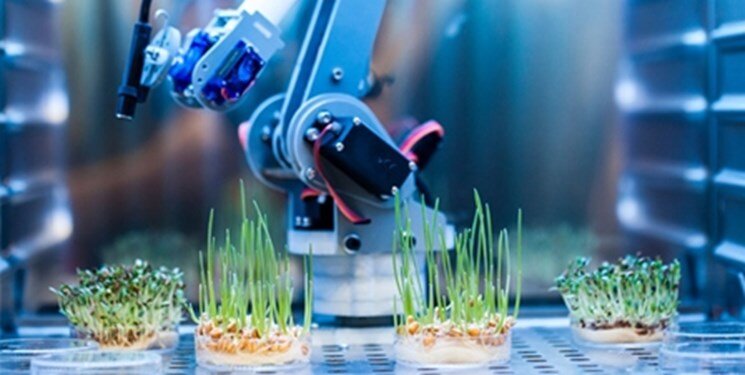 AKA personalized immuno-oncology treatment. It is the first FDA-approved CAR T-cell therapy for those patients who are under the age of 25 suffering from acute lymphoblastic leukemia that relapses, meaning goes into remission but then resurfaces. On occasions, it did not go into remission along with other treatments.
AKA personalized immuno-oncology treatment. It is the first FDA-approved CAR T-cell therapy for those patients who are under the age of 25 suffering from acute lymphoblastic leukemia that relapses, meaning goes into remission but then resurfaces. On occasions, it did not go into remission along with other treatments.
Biotechnology enables a patient’s white blood cells to be collected where they are kept in isolation and then genetically engineered into CAR T-cells. These cells are transfused back into the patient which targets CD-19 (cancerous cells). Upon detection, these are attacked and thus, eliminated.
Where even the most sophisticated technologies fail, biotech prevails.
4. The biological use of silicon
Did you know that silicon serves as a basis for semiconductors? Also, for other advanced materials? Well, it is an integral element found in both animals and plants of the higher breed. Invertebrates, especially, tend to produce huge amounts of controlled silica. Unfortunately, silicon biology is misunderstood for the most part.
However, with biotechnology, scientists are already making use of proteins, genes and molecular mechanisms found in marine life that enables them to produce much higher quantities of silica. Why is it so important though?
The answer is two-fold:
1. Firstly, to seek environmentally friendly means of synthesizing silicon-based materials.
2. Secondly, to adopt silicon-based products as a way of life. For the following reasons:
- Silicon in personal care products reduces white residue. Furthermore, it removes the sticky feeling of antiperspirants in deodorants.
- Silicon helps improve the efficacy, durability, and functioning of solar panels. This, in turn, leads to lesser waste/loss of harnessed energy.
- Silicon sealants and caulks in homes keep energy usage in check. Also, prevents moisture and bacteria damage.
And so on so forth.
5. Good old research purposes
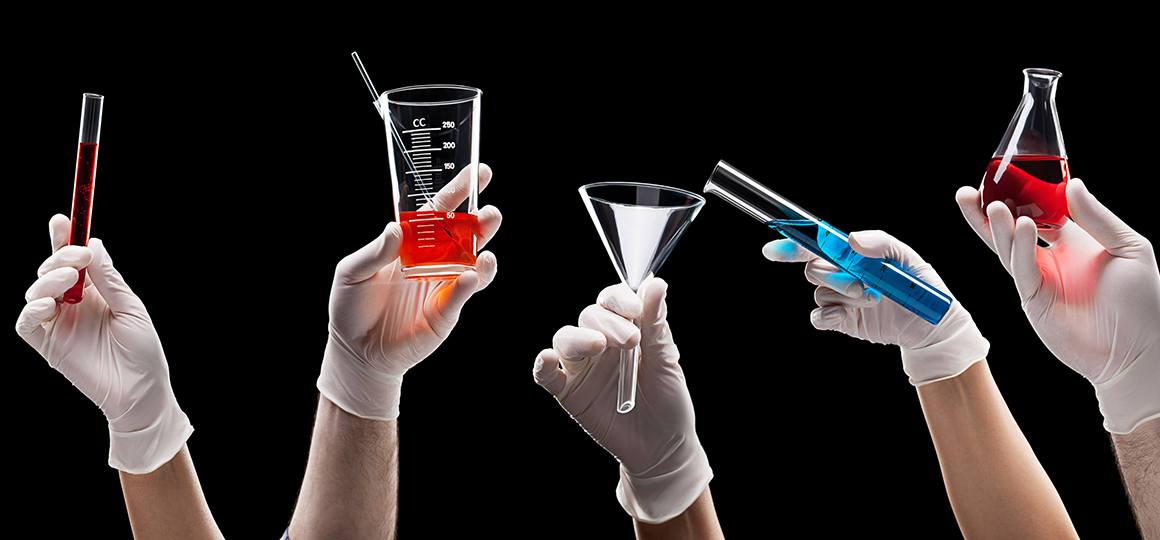 Research is never-ending. It is the research that has made these treatments and discoveries possible. For instance, biotechnology emphasizes the need for an in-depth study of tumor cells that leads to one or more diseases. Consequently, a means to resist their spread is developed.
Research is never-ending. It is the research that has made these treatments and discoveries possible. For instance, biotechnology emphasizes the need for an in-depth study of tumor cells that leads to one or more diseases. Consequently, a means to resist their spread is developed.
Biotechnology has allowed researchers to tap into the immune system of the patients to completely eradicate the affected cells which was not common before. Either the disease could not be identified and when it did, conventional therapy/treatments were of no use.
Enhancement in health care due to biotech has lead to a vast amount of commercialization, and growth opportunities for the professionals involved in this field. The industry is growing at a rapid pace where people who administer therapies have increased and so has the number of patients who are receiving them.
Also read: Intriguing Study Reveals Meta Llama 3.1 70B Can Reproduce Up to 42% of Harry Potter Book Verbatim
Bringing it all together
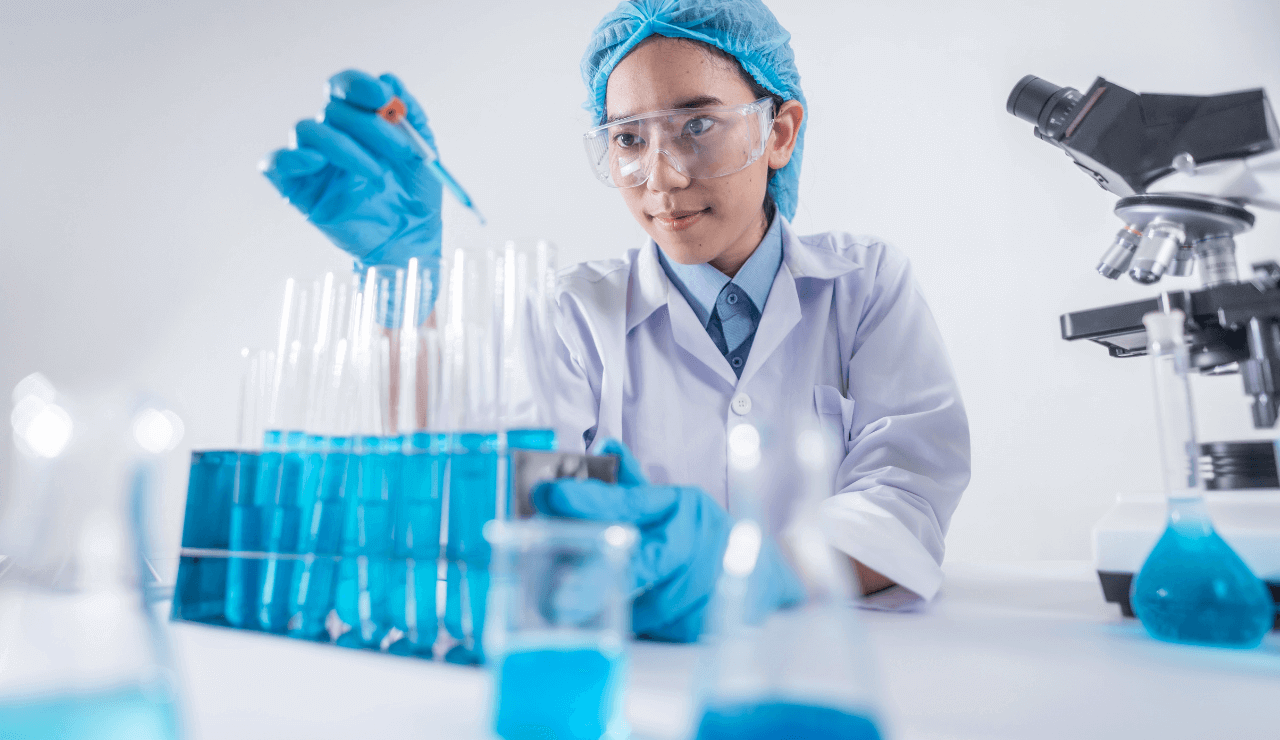 Now that the benefits of biotechnology are evident, about time people from all walks of life including academia, government, technology vendors, industry groups, pharmaceutical companies, research organizations, and commercial labs join hands to leverage biotech’s maximum potential.
Now that the benefits of biotechnology are evident, about time people from all walks of life including academia, government, technology vendors, industry groups, pharmaceutical companies, research organizations, and commercial labs join hands to leverage biotech’s maximum potential.
And this won’t be a problem. Why? It is because every industry today is connected in more ways than one. Scientists, physicians, and patients are collaborating for the common goal of improving human lives.
The use of collective wisdom and expertise is the key to altering the course.
Thank you!
Subscribe to our newsletter! Join us on social networks!
See you!

